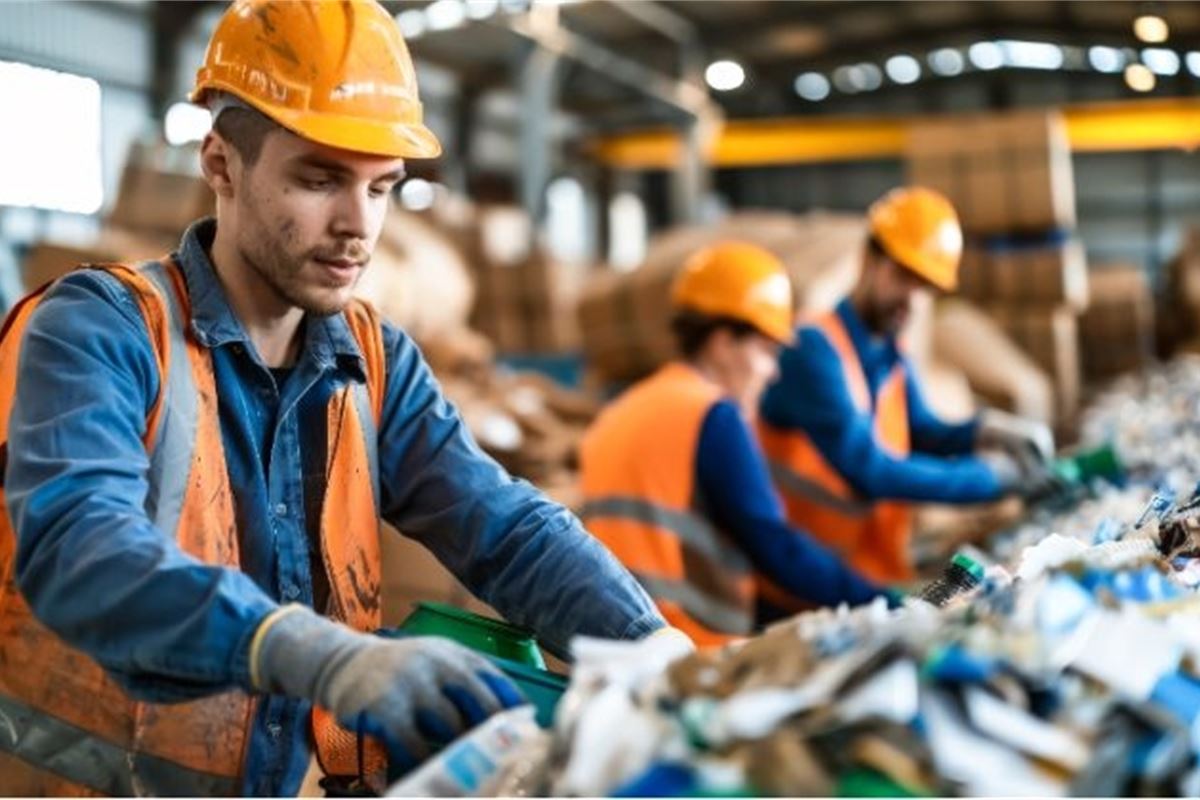Prioritising recycled content from EU waste should be a feasible way to secure investments, maintain the EU strategic autonomy and protect jobs. Europe must act with urgency to secure a competitive and high-value plastics recycling industry.
If policy does not support domestic recycling, our collected waste could be burned or buried while products sold here claim “recycled content” sourced thousands of kilometers away. Is that the circular economy we want in the EU?
We have the technology and the willingness to recycle our plastic waste, because we believe in a true circular economy and the need for the EU to seek its strategic autonomy, but investments won’t survive unfair market conditions.
Recycling in Europe is more expensive because of higher labour costs and environmental and compliance standards, and a growing global overcapacity is pushing prices down elsewhere. Investors will not commit where competition is distorted, and rules are unclear.
Investors will not commit where competition is distorted, and rules are unclear
We propose a simple, trade compatible market design: for packaging produced or filled in the EU, recycled content targets should, wherever feasible, prioritise material derived from EU collected waste. This is market design, not protectionism.
Where genuine EU supply gaps exist, verified imports that meet EU equivalent environmental, safety and labour standards may be permitted through a transparent, time limited equivalence route — but exceptions must not become the norm.
Allowing imports to count equally without credible verification risks the playing field against European recyclers and undermines consumer confidence, especially for sensitive uses such as food contact.
Urgent market fixes are needed to restore fair competition. Policymakers should require independent verification of recycled content, introduce dedicated customs codes for recycled polymers to improve traceability, and strengthen import surveillance and enforcement to prevent fraud.
The immediate priority is clear: recycle Europe’s waste in Europe first so investments can materialise and the sector can stay competitive
At the same time, temporary targeted support — energy relief, tax measures, guarantees or grants — can help recyclers bridge the higher European cost base until scale and innovation reduce unit costs. Administrative burdens must be cut: streamline and harmonise compliance procedures so reputable operators can compete without being strangled by red tape.
The immediate priority is clear: recycle Europe’s waste in Europe first so investments can materialise and the sector can stay competitive. Delays will lead to cancelled plants, broken supply chains and lost expertise — and could make Europe a net importer of “recycled” material while our own waste goes unprocessed.
We call on EU institutions and Member States to act now: prioritise recycling of EU collected waste, require rigorous verification for imports, and deploy predictable, practical measures to energise domestic recycling capacity.
Your leadership today will determine whether Europe turns its plastic waste into jobs and industrial value — or loses that opportunity.
Sign up to The Parliament’s weekly newsletter
Every Friday our editorial team goes behind the headlines to offer insight and analysis on the key stories driving the EU agenda. Subscribe for free here.
